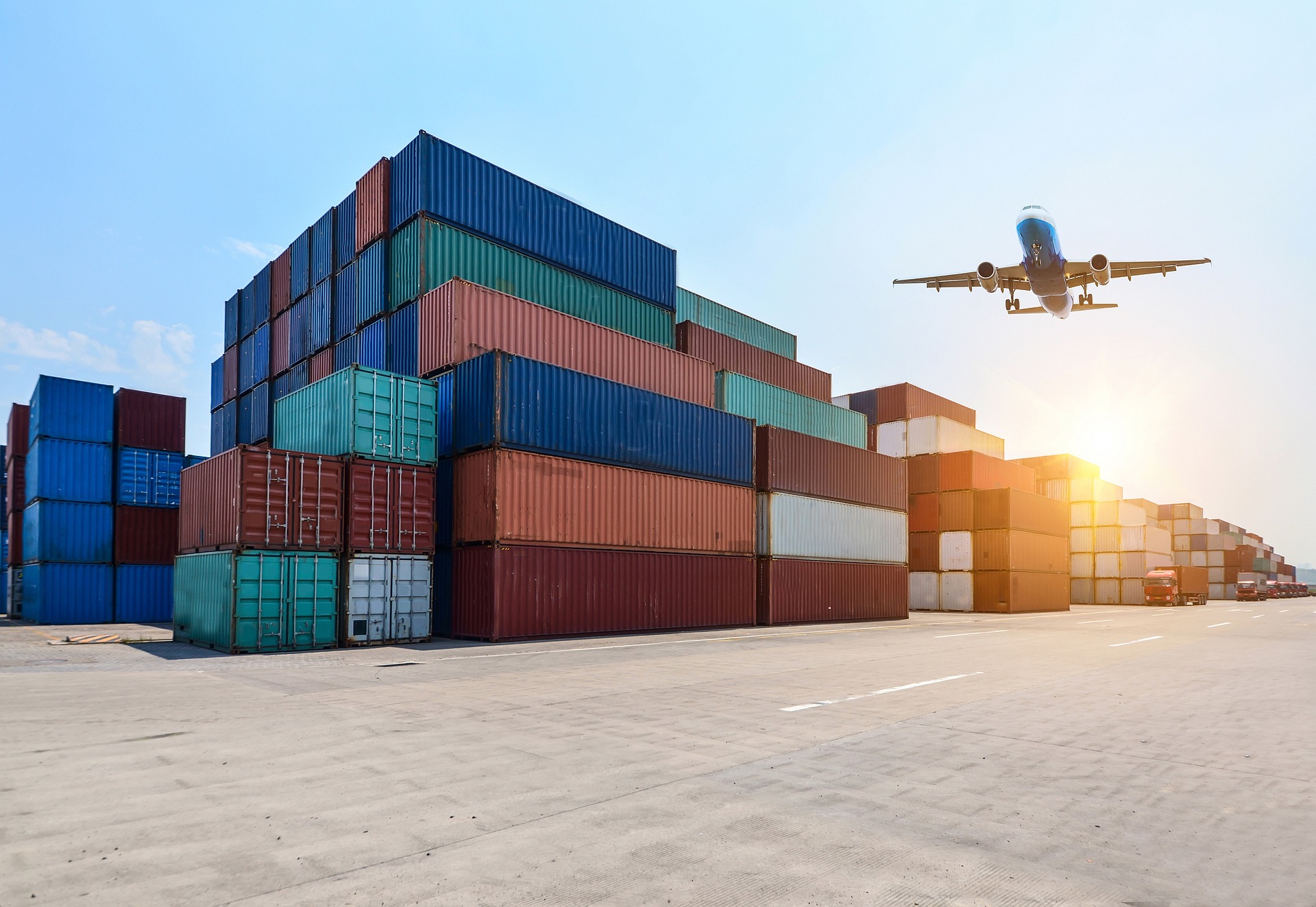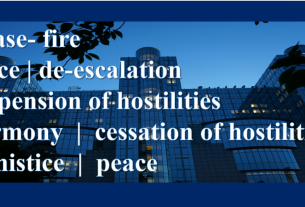US President Donald Trump’s implementation of 10% import tariffs has triggered market turbulence, prompting global concerns and calls for a measured response from European leaders.
The tariffs, announced by Trump and now in effect, cover a broad range of goods entering the United States. While the country-specific tariffs are set to be enforced on April 9, the immediate impact has already reverberated through global markets, especially with China retaliating with 34% tariffs on American imports.
Major stock exchanges, including Milan’s FTSE MIB and markets in Frankfurt, London, and Paris, closed in the red following the tariff announcement. Wall Street also experienced significant losses, with the VIX index surging and the Dow Jones and Nasdaq registering substantial declines. The collective market downturn resulted in a staggering $5.2 trillion loss in US markets within two days.
Despite the economic repercussions, Trump remains resolute, emphasizing the enduring nature of the tariffs and highlighting the pursuit of a transformative trade deal aimed at strengthening the economy.
In response, European leaders have criticized the tariffs, with EU Trade Commissioner Maroš Šefčovič deeming them “harmful and unjustified,” while UK Prime Minister Keir Starmer has initiated discussions with global leaders to strategize on a unified response. Italy’s Economy Minister Giancarlo Giorgetti and Foreign Minister Antonio Tajani have called for a composed approach, emphasizing the importance of assessing consequences and avoiding a damaging trade war.
Giorgetti stressed the need for a united front within the EU to safeguard Italy’s interests, while Tajani underscored the significance of protecting businesses and maintaining close coordination with the European Union in navigating the evolving trade landscape.
As the situation unfolds, the focus remains on measured responses, collaborative efforts, and strategic actions to mitigate economic instability and safeguard global trade relations.



